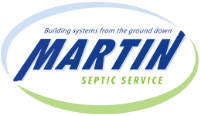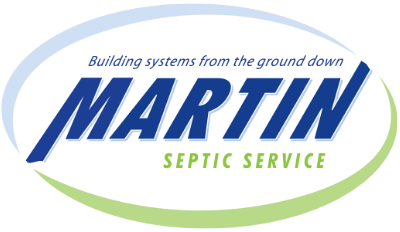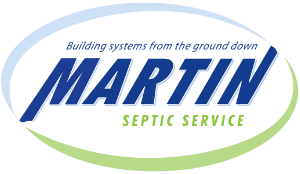Designing a septic system for your home is more than just digging a hole and installing a tank. It’s a complex process that requires careful planning, expert knowledge, and an understanding of local conditions. For homeowners in Charlotte, Sarasota, and Lee Counties, a properly designed septic system can ensure efficient wastewater management, protect the environment, and save money in the long run. Here’s everything you need to know about septic system design and consulting.
The Importance of a Customized Septic System Design
A one-size-fits-all approach doesn’t work when it comes to septic systems, especially in Florida, where soil types and water tables can vary significantly. A properly designed septic system is tailored to the specific needs of your property, ensuring it operates efficiently and complies with local regulations.
- Site Evaluation The design process begins with a thorough site evaluation. This includes assessing the soil’s ability to absorb water, determining the size of the system based on household needs, and considering the property’s topography. In Florida, high water tables and sandy soils are common challenges that need to be addressed during this phase.
- Custom System Design Based on the site evaluation, a septic system designer will create a custom plan that includes the right type and size of septic tank, the layout of the drainfield, and any necessary additional components like pumps or alternative treatment units (ATUs). For properties with unique challenges, such as small lots or high water tables, the design may include advanced treatment systems or elevated drainfields.
- Regulatory Compliance Florida’s Department of Health has strict regulations for septic system installation and operation. A professional designer will ensure that your system complies with all local codes, from the initial design phase through to permitting and installation. This step is crucial in avoiding fines, legal issues, and potential environmental damage.
- Long-Term Performance A well-designed septic system should last for decades with proper maintenance. During the design phase, your consultant will consider factors like potential home expansions, water usage patterns, and the local climate to create a system that can handle future demands.
The Role of Septic System Consulting
Septic system consulting services provide homeowners with ongoing support and expert advice throughout the life of their septic system. From initial installation to maintenance and repairs, a septic consultant ensures your system operates efficiently and reliably.
- Expert Advice Septic consultants offer valuable guidance on the best system for your property and can help troubleshoot any issues that arise. They understand the unique challenges of Florida’s environment and can recommend solutions tailored to local conditions.
- Problem-Solving If your septic system isn’t working as it should, a consultant can diagnose the problem and suggest repairs or modifications. Common issues like drainfield failures or system backups require specialized knowledge to fix effectively.
- Maintenance Planning Regular maintenance is key to extending the life of your septic system. A consultant can help you develop a customized maintenance plan that includes regular pumping, inspections, and preventative measures to avoid costly repairs down the road.
Frequently Asked Questions (FAQs)
Q: How often should I have my septic system inspected?
A: It’s recommended to have your septic system inspected every three to five years, depending on the size of your household and system usage. Regular inspections help catch small issues before they become major problems.
Q: What are the signs that my septic system needs repairs?
A: Warning signs include slow drains, unpleasant odors around the drainfield, water pooling on the lawn, or sewage backups in your home. If you notice any of these signs, it’s crucial to contact a septic professional immediately.
Q: Can I install a septic system myself?
A: Septic system installation requires specialized knowledge and must comply with local regulations. It’s not a DIY project. Improper installation can lead to environmental hazards, legal issues, and costly repairs. Always hire a licensed professional for septic system installation.
Q: What factors are considered during septic system design?
A: Key factors include soil type, property size, water table level, number of occupants in the home, and local regulations. These elements help determine the type and size of the septic system that will best suit your needs.
Q: What should I do if my septic system fails?
A: Contact a septic professional immediately to assess the situation. They can determine the cause of the failure and recommend the best course of action, whether it’s a repair, replacement, or system upgrade.
Why Choose Martin Septic for Your Septic System Design and Consulting?
At Martin Septic, we bring years of experience and local expertise to every project. We understand the unique challenges of designing septic systems in Charlotte, Sarasota, and Lee Counties, and we’re committed to providing customized solutions that meet your specific needs. From initial site evaluation to ongoing maintenance, we’re here to ensure your septic system operates efficiently and reliably.
Contact us today at 941-429-6842 to schedule a consultation or visit our website at www.MartinSeptic.com to learn more about our services. Let us help you protect your investment and keep your septic system running smoothly for years to come.







